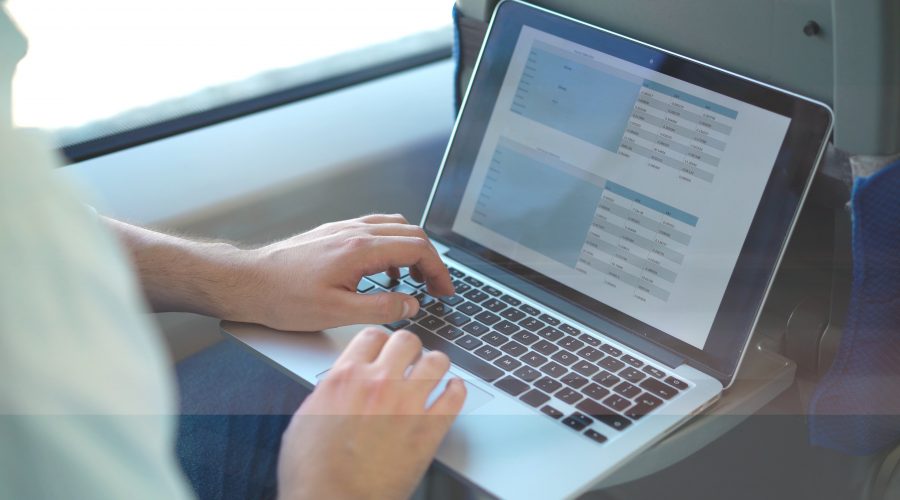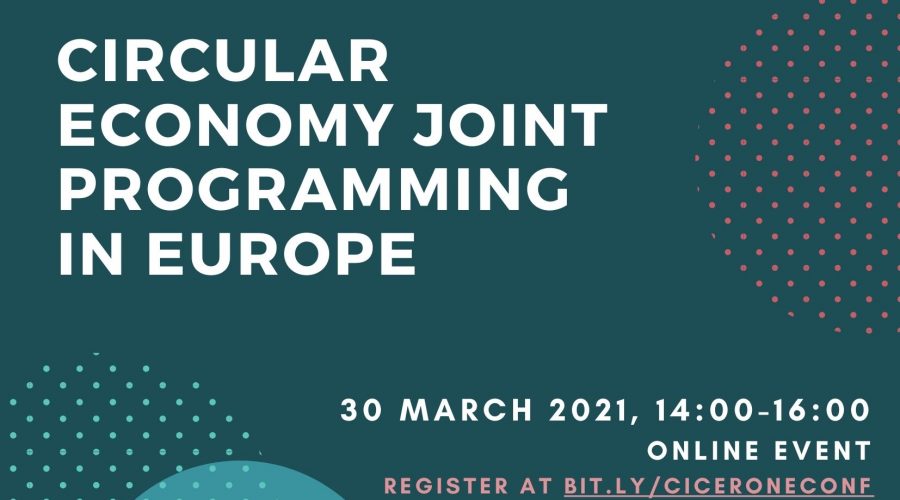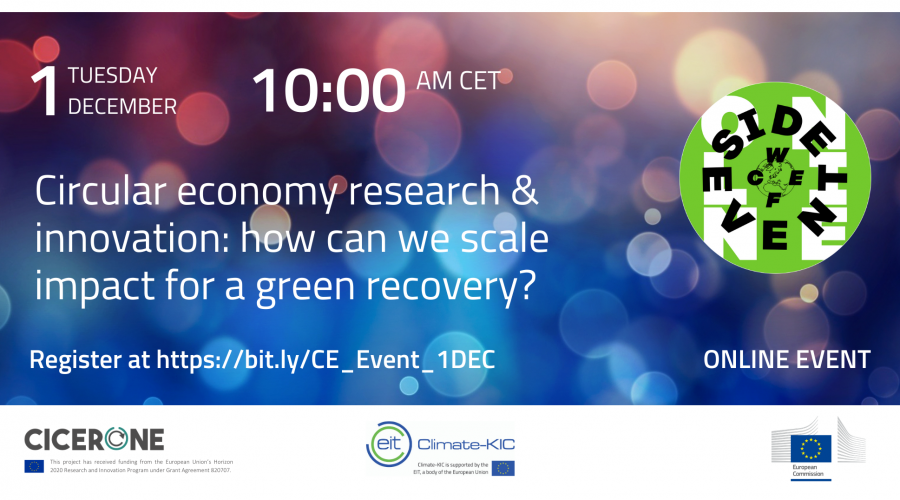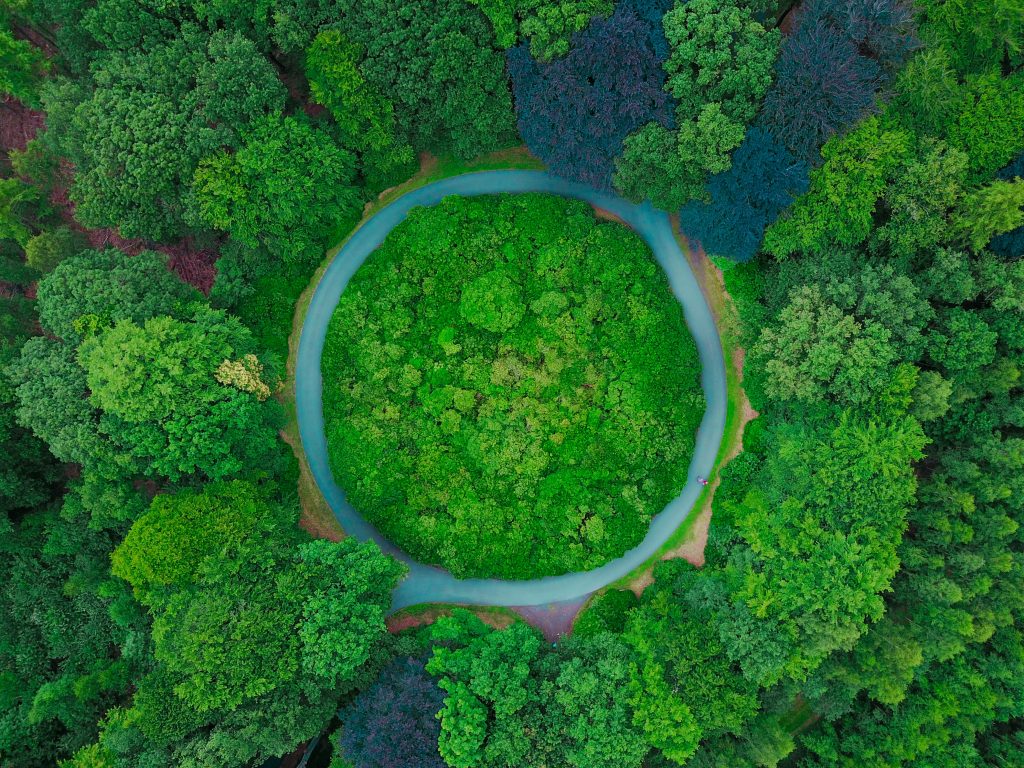If transitioning to a circular economy means changing the entire system we live and operate in, where should we even start?
The transition to a circular economy will require maximum action on all fronts to reach our desired future scenario: becoming low-carbon and sustainable societies.
To tackle this challenge, CICERONE is developing common priorities for the circular economy across the EU, so that programme owners and funders know where to invest to optimise impact.
To this end, the project brought together stakeholders from the public sector, industry, academia and civil society to pinpoint priorities, needs and pathways for coordinated research and innovation around four key challenge areas: Cities, Industry, Value Chains and Territory & Sea.
The below results demonstrate the outcomes of CICERONE’s workshop “Circular Europe: the future of circular economy programming” at the 2019 World Resources Forum. All information is based solely on this consultation.

CITIES
Achieving circular cities is a challenge due to the complexity of urban territories that include many sub-systems like waste, water, buildings, food, energy or mobility. Among many constraints, the most prominent ones are the lack of intersectoral collaboration among cities, new consumption models and sharing platforms, as well as low citizen participation.
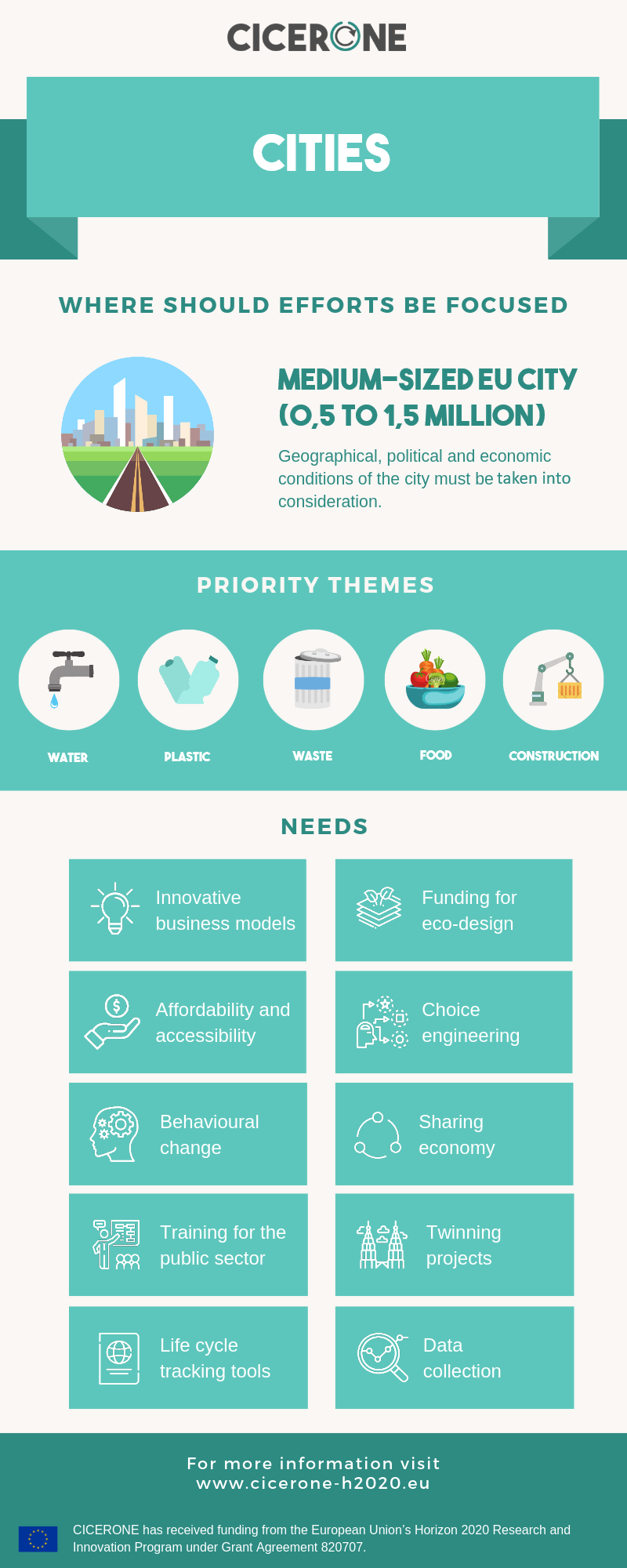
INDUSTRY
Industry is the backbone of our economies, driving development and prosperity withing our territories. Transitioning industry to circular models means looking at innovative integrated solutions for factories, industrial areas and production sectors. This goes from innovation in production design, production processes, efficient use and management of resources, reduction of emissions and waste, as well as cross-sectoral collaboration.

VALUE CHAINS
How can we close the loop of specific materials, products and supply chains? To address this challenge, it is crucial to take into account all steps of the value chain including design, materials extraction and supply, production, consumption, distribution and end of life.

TERRITORY & SEA
Territory and sea deals with the complex relationship between mainland human activities and the open water, mainly represented by the technosphere environment of harbours.
In line with the emerging Blue Economy principles and the Blue Growth perspective, the main challenges to be tackled are, among others: marine litter, sustainable tourism, integrated waste and water management, and also the issue of sea level increasing due to the climate change effects and solutions to its mitigation.

These results will contribute to the Strategic Research and Innovation Agenda (SRIA) developed by CICERONE, that will address the needs and priorities for circular economy development in the EU. In turn, this will form the initial building block of the joint programming platform to be developed by the project.
The above results came to light during during CICERONE’s first stakeholder workshop at the 2019 World Resources Forum in Antwerp, Belgium. The World Resources Forum is an independent non-profit international organization that serves as a platform connecting and fostering knowledge exchange on resources management amongst business leaders, policy-makers, NGOs, scientists and the public.



